June Issue Brief: The Future of Work
By Cady Susswein
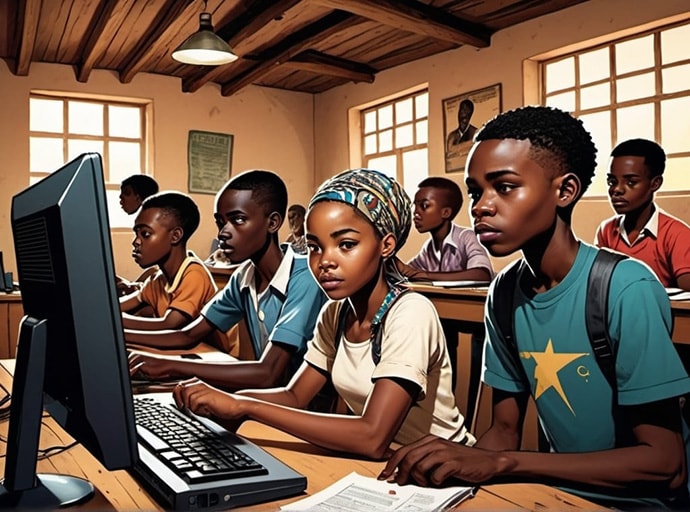
Teenagers working with computers – image generated by OpenArt AI by GlobalWA.
The very first Sustainable Development Goal (SDG) is “No Poverty.” It’s so important that SDG 8 further expands to cover “Decent Work and Economic Growth” – key factors in pulling people out of poverty. Decent work is the cornerstone of a thriving society, ensuring dignity, security, and fulfillment for individuals, while driving economic prosperity. In the rapidly evolving landscape of the future of work, digital skills are becoming increasingly crucial to stay competitive and adaptable. They unlock new opportunities all over the world and enable access to remote work and flexible employment, promoting inclusivity and work-life balance. By investing in digital skills development, GlobalWA members are fostering sustainable growth and resilience in the face of technological change.
Digital Literacy
The digital journey starts early, and making sure children get access to digital resources is an important first step. The Sehgal Foundation in India runs Project Umeed, a program to establish digital libraries with computers, internet, and educational software in underserved communities. In partnership with Trees for Life, the India Development Relief Fund, and the Guru Krupa Foundation, their programs specifically engage young women and girls, who are often disproportionately affected by the digital divide. Through Sehgal programs, women and girls master basic computer applications, learn how to conduct an internet search, and use their new skills to apply for jobs, make online payments, and apply for government support programs. Their Sakshyam program helps students fact check information, understand bias in language, and evaluate online resources to be able to make informed decisions on misleading information that can be prevalent in the digital world.

For Sukarya, innovation doesn’t always mean digital. In India, 32 million children can’t go to school, often due to lack of access to education facilities. So Sukarya developed a classroom on wheels that could travel from community to community. The buses are equipped with computers and offer digital skills classes in addition to literacy and other basic educational needs for children of multiple age groups.
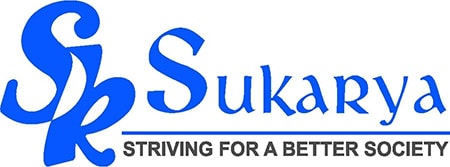
In sub-Saharan Africa, the education statistics can be equally bleak. More than half of children do not complete primary school and of those that do, two thirds haven’t mastered basic reading proficiency. With high student-to-teacher ratios and little access to study materials, mobile-phone-based education platforms can leapfrog some of these intractable problems. Global Partnerships partnered with Eneza Education to create a Digital Study Materials program in which children like Imelda in Kenya can access study guides, take SMS-based tests, and send questions to a network of teachers who provide personalized responses all on their phones. The 9 million children who use the program see a 23% average improvement in learning outcomes. Most importantly, this uptick means that many of these kids are more likely to continue their education.
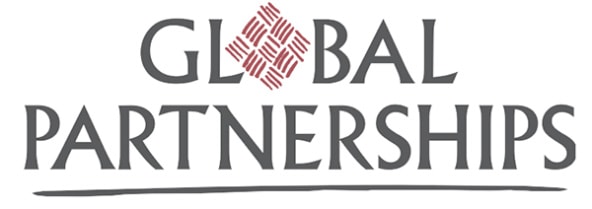
Amplio Network works to solve global poverty by addressing illiteracy challenges with their innovative Talking Book. The Talking Book is a durable, cost-effective audio device that was originally designed to enhance literacy skills for school children, but unexpectedly became an invaluable tool for disseminating health and agricultural education in remote areas. Unlike the radio or a fleeting session given by community workers, people do not need to rely on memory or taking notes and can refer to the Talking Book whenever they need.

Digital Tools for Entrepreneurship
Global Partnerships also invests in Arifu, a free mobile-based education platform that provides low-income Kenyans with best practices in financial planning, agriculture, and other topics, enabling households to pull themselves out of poverty. Organizations that want to reach a certain audience can create licensable courses. For instance, an agribusiness wanted to train farmers to increase sales. Arifu digitized the business’s in-person training, which reduced the cost of delivery from $20 to $1 per farmer. The result was increased farmer yields by 55% and $187 more income per acre. Similarly, a digital financial service provider wanted to increase usage of a new savings and borrowing product in rural areas. The courses Arifu developed helped the provider accomplish its goals, but more importantly it led to a 500% increase in savings deposits for low-income users. A win-win for both sides. Relatedly, Mifos X is another open source financial services platform that works with financial institutions to offer them affordable, adaptable, and accessible financial applications for their users.
Mercy Corps established MicroMentor – the world’s largest community for young entrepreneurs looking for mentors and volunteer professionals looking to support mentees. The platform has an 83% survival rate for mentored entrepreneurs, who create twice as many jobs as entrepreneurs without mentors. For two-thirds of users, MicroMentor was the only resource they had for early-stage mentorship. Another Mercy Corps program called Gaza Sky Geeks is a platform in the Palestinian territory to teach young people coding and support them with freelancing and establishing tech businesses. Graduates of their coding and freelancing training programs have collectively reported over $5 million in earnings one year after graduation.
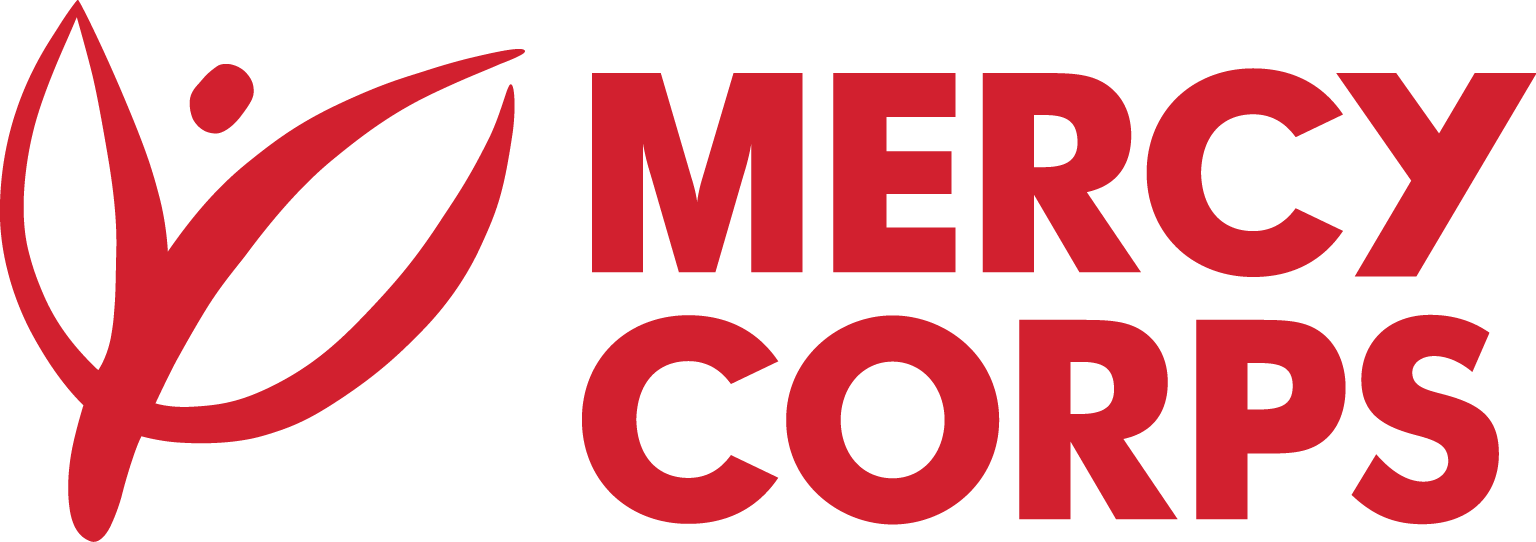
Global Communities implements the Digital Savings Group (DSG) Hub, an online learning and community platform that facilitates (and hopefully inspires) safe and inclusive online saving. The DSG Hub offers how-to resources and ways for users to connect and collaborate. A study by a similar Global Communities program showed that savings groups that use digital record keeping apps experience greater transparency, fewer conflicts, and greater financial capability that those who use analog systems. The study also found evidence that highlights the need to include gender considerations in the design of savings group apps.

Ashesi University Foundation in Ghana has a mission to educate a new generation of ethical and entrepreneurial leaders in Africa with the critical thinking skills and courage it will take to transform the continent. Derick Omari, an Ashesi graduate, initially founded a project called Tech Era to teach basic computer skills to children in Berekuso. It has grown to teach hundreds of students throughout the country, and Omari later went on to develop an adaptive technologies company, offering products especially to the disabled.

In Zanzibar, Tanzania, there is a huge pay disparity between tourism professionals locally and those in the tourism industry globally. Welcome Ideas works with Zanzibaris, especially women, to set up their own small, responsible tourism businesses to keep tourism revenue in the pockets of locals. The organization offers an online portal for education, networking, and more. Classes offer support navigating business information technology systems and other issues.

Food Security
The Hunger Project sees the value of digital skills in preventing hunger. The digital divide means more than 2 billion women don’t have mobile phones or adequate wi-fi connectivity and that means they can’t expand their knowledge about agriculture, health, finance, and the economic opportunities that would help lead them out of poverty. In partnership with the U.S. Agency for International Development (USAID), Microsoft’s Airband Initiative to close the digital divide, and BLUETOWN, a Danish company that provides low-cost, sustainable wi-fi to connect the unconnected, The Hunger Project developed a program to provide this essential connectivity and information to over 6,000 women in three areas in Eastern Ghana.
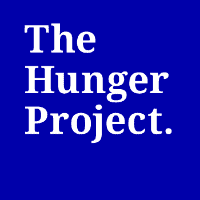
Maize and beans are Tanzania’s staple crops and are an important source of nutrition and food security in the country. However, both are significantly affected by pests and diseases and can cause smallholder farms to lose their entire crops some years. Early identification and intervention can manage the problem, but few farmers were using software to identify diseases. Grow Further is developing a disease identification app and aims to reach 400,000 farmers within five years and 5 million farmers within 20 years through open-source software.

Future of Fish believes the digital world can give small-scale fishers the tools to improve their livelihoods much the way smart phones have provided similar benefits for smallholder farmers. With a cellphone, fishers can learn about best practices, collaborate with other fishers, access new markets, and build credit histories. In an age of data sharing, digitizing fishing resources could also help governments monitor fish stock to enhance sustainability and inclusivity in coastal fishing communities.
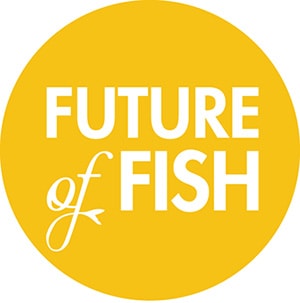
While these GlobalWA members focus on digital innovations and skills, many more focus on decent work more broadly. This includes organizations like Spreeha Foundation, which equips Bangladeshis with the skill sets necessary for the competitive job market through scholarship and apprenticeship; Awamaki, which trains Andean women artists to give them the technical skills and market access for a global audience; and Upaya Social Ventures, which runs the Dignified Jobs Accelerator and Collaborative that uses human-centered design principles to bring those living in extreme poverty into the global conversation about dignity and decent work.



Digital skills and access to modern digital tools have become increasingly paramount for today’s workforce. Vocational training, digital skills training, and job support provided by our member organizations are fostering a workforce of self-sufficient farmers, fishers, businessmen and businesswomen. The programs and interventions GlobalWA members are implementing in communities where they work are exemplifying a new standard and are setting a hopeful course for current and future generations.
The following additional GlobalWA members are providing quality training and economic development and support services through their programs in low- and middle-income countries where they work.
ACT for Congo supports innovative and integrated programs in North Kivu, DR Congo. Our partner AGIR’s goal is improving living conditions in DR Congo. AGIR’s integrated approach provides viable skills that enable the most vulnerable to support themselves and their families. It begins with assessment, mental stability, relationships in community and then vocational training, internships and small business, savings/credit associations. There is little employment, so training in fields that are in demand is important.
Since the volcanic eruption in May of 2021, AGIR_RDC has focused on internally displaced people. They’ve equipped three cohorts (476 people) with vocational skills that earned government issued certificates, while also addressing five waves of emergency displaced by violence around Goma and Beni.
Results of the third cohort in Goma and Beni:
- Literacy: 212 (9 men)
- Pastry: 10 (only offered once in Mugunga)
- Masonry: 49
- Professional Driving: 58
- Tailors: 100
- Culinary Arts: 12
- Esthetician/Barbers: 35
For more information see our websites: www.actforcongo.org and www.agirrdc.org
Pygmy Survival Alliance (PSA) of Seattle, Washington supports the existential struggle of Batwa people in Rwanda, historically known as “Pygmies”. PSA follows an innovative, evidence-based model of functional empowerment that succeeds through enhancements in women’s leadership, education, and economic development. A critical aspect of this effort is to teach business and finance skills, support entrepreneurialism and create jobs. These efforts provide the foundation for people who live on an average of 22 cents per day (ten times below the WHO poverty level) to work their way to a sustainable future.
We promote business and finance skills through savings circles, microloans, and the formation of workers cooperatives for farmers, basket-makers, and performing artists.
We support entrepreneurialism by making markets for products of Batwa businesses, such as soap, pottery, wooden utensils and baskets; and by investing capital in promising micro ventures, such as electronics repair, sewing and weaving enterprises, and instrument making.
We create jobs by hiring and training villagers to work in the early childhood development center, porridge kitchen, hair salons and water utility business that we helped initiate; and by building infrastructure to sustain economic growth, including waterworks, hygiene facilities, rural electrification, streetlights, and housing.
These efforts have led to a dramatic reduction in poverty in our participating villages, thereby reducing childhood mortality and raising the status of women.
S M Sehgal Foundation drives positive social, economic, and environmental change in rural India in alignment with UN Sustainable Development Goals (SDGs): 1 (NO POVERTY) and 8 (DECENT WORK AND ECONOMIC GROWTH). Our comprehensive programs to enhance food and water security provide resources and training to empower vulnerable populations, women and children in particular, to improve lives and achieve sustainable incomes. For over twenty-five years, our community-led development initiatives have reached more than 4.94 million people across 12 states, 64 districts, and 2,500 villages.
SDG 1-aligned programs promote improved agricultural practices and increase household incomes. Projects that empower women farmers include training as Pashu Sakhis (veterinary supports), goat framing, bee keeping, and use of oil expeller machines.
SDG 8-aligned programs facilitate skill development and entrepreneurship opportunities that foster economic growth and job creation in the agriculture sector and work with Farmer Producer Organizations and Women Farmers Groups. Digital and life skills awareness training programs connect rural communities with the global world to help bridge the gap between rural and urban education.
Strategic partnerships with donors and stakeholders create a sustainable and prosperous future for rural India, ensuring that no one is left behind in the journey toward economic and social empowerment.
Upaya Social Ventures is a nonprofit organization building an inclusive economy by providing investment and support to early-stage businesses creating thousands of dignified jobs for people living in extreme poverty.
Upaya’s approach includes a pioneering model that pools together foundation grants in a fund from which to draw investments in early-stage social enterprises. Financial returns from these investments are returned back to the original donor with a capped premium of up to 5%. This unique structure lets one donation make an impact over and over again, and opens up investment in “missing middle” companies to funders who typically cannot make smaller single investments.
Upaya’s award-winning, impact-first investments seek out and support oft-overlooked companies creating work that is safe, stable, inclusive, and rewarding — generating a transformative impact on families, communities, and economies. Since its founding in 2011, Upaya’s portfolio companies have created over 42,000 dignified jobs across India.
Pangea Grant Partners
Solidarity Eden Foundation
The Solidarity Eden Foundation is a registered refugee youth-led organization, founded in 2015 in Kampala Uganda with the vision of caring, empowering, and inspiring refugee communities for a better tomorrow. Through the process, the SEF offers Language Development, Vocational Training, Community Psychosocial, and Creative Arts Programs to refugees from DR Congo, Rwanda, Burundi, South Sudan, and Somalia.
Ufanisi Women’s Group
Ufanisi Women’s Group (UWG) serves extremely poor, vulnerable rural women and girls in Bungoma County, Western Kenya. For the past several years, the group has been working toward building a sweet potato enhancement business, first by increasing farmer’s production of sweet potato vines, then by beginning to make enhanced products like chips, cookies, and pies. This year’s grant will support the group in taking the next steps by purchasing larger capacity equipment for production and storage, opening a sales stall in the nearest market town, and exploring other marketing opportunities.
Pangea Site Visit!
Planning is underway for a Pangea Site Visit to Guatemala that will take place in conjunction with the Central America Donors Forum in Antigua, October 7-9.
The site visit dates will be October 9-15 (approximately). The purpose of the site visit will be to visit our grant partner Taa Pit in San Pedro La Laguna, Lake Atitlan and to visit potential 2025 grant partners. Those who sign on to the site visit will help with organizing the trip and have a role when we travel together. If you are interested, please contact Betsy Hale, LA POD Chair.